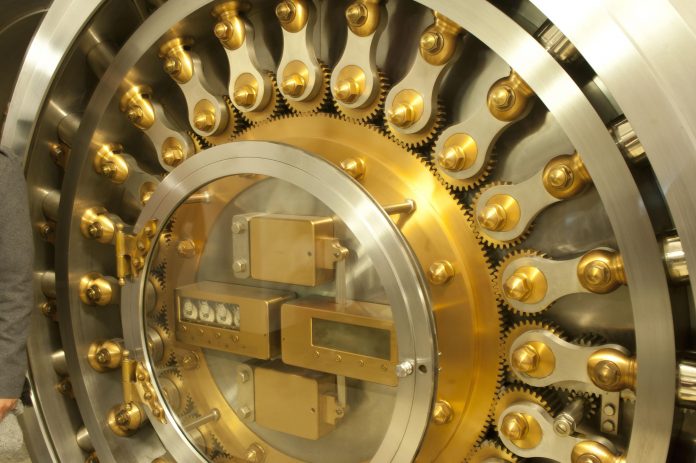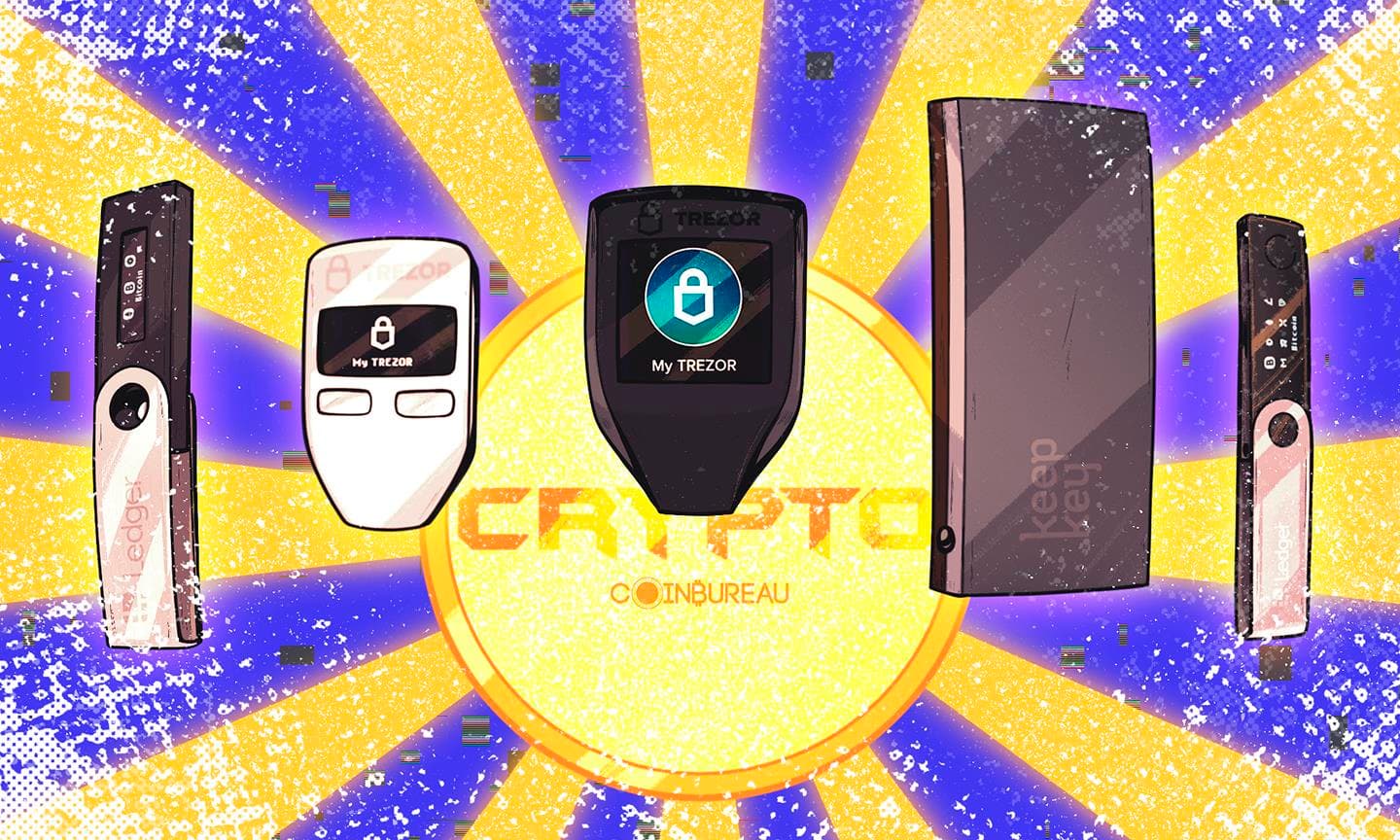Have you read the horror stories yet of cryptocurrency investors losing the entirety of their investments because they failed to secure their digital jewels in cold storage?
Needless to say, they're awful. And the crypto space has seen a little bit of everything so far: exchanges collapsing (Mt. Gox), wallet hacks (Parity), forgotten/discarded passwords, phishers, keyloggers, you name it.
Simply put: your cryptocurrency holdings are completely unsafe so long as they're online in "hot storage;" hot, because in being connected to the internet, it's connected to various online attack vectors.
So if you're starting to have a non-trivial amount of crypto wealth, it's time to consider going "cold." Take your crypto holdings offline where they can't be compromised by roving hackers or rogue exchange employees.
And "non-trivial" is relative; $500 USD is non-trivial for most people in the world. If you have more than that in crypto, it's time to take cold storage seriously.
We'll walk you through some options you can consider going forward.
The different kinds of cold storage
So there's a handful of varieties of cold storage, and each of them are naturally suited for particular circumstances. These options include:
- hardware wallets
- paper wallets
- custody crypto vaults
- a physical, traditional bank vault
Let's start with hardware wallets. These are specialized, pocket-sized mini-computers that secure your crypto holdings by maintaining them offline in such a way that these holdings never have to interact directly with the internet.
These devices are so secure that you can even plug them into compromised computers and there's no need to worry; your funds can't be breached.
The most popular hardware wallets on the market right now are the TREZOR One and the Ledger Nano S. Both offer the same level of security, so you can't go wrong with either. It just comes down to taste.
Then there's paper wallets. This is a primitive security option that can be extraordinarily safe when used properly. And there's no mystery here, the name is exactly like it sounds: you write your public and private keys down on a piece of paper for safe-keeping.
Now, your holdings will only be as safe as the paper you put it upon if you go this route. If your paper wallet is lost in a fire, then so too will your holdings be lost. That's why you'll likely want to make copies and distribute them in extremely safe, trustworthy locations.
Like a bank vault or bank deposit box! So for example, you can make three separate paper wallets for your address and then secure this address by distributing these paper wallets in deposit boxes at three separate banks.
 Bank vaults - traditional security for a new type of asset. Image via Bitcoin.com
Bank vaults - traditional security for a new type of asset. Image via Bitcoin.com Lastly, there's crypto custody accounts. Coinbase just opened Coinbase Custody, for instance. This is a security model in which a third-party, like Coinbase, takes control of your digital assets for you, putting them through rigorous offline security measures. Oftentimes, though, these custody services have been reserved for large-scale investors.
You'll have to decide which option is right for you personally. But don't sleep on cold storage; it can be the difference between you losing everything and you being a crypto millionaire one day.



